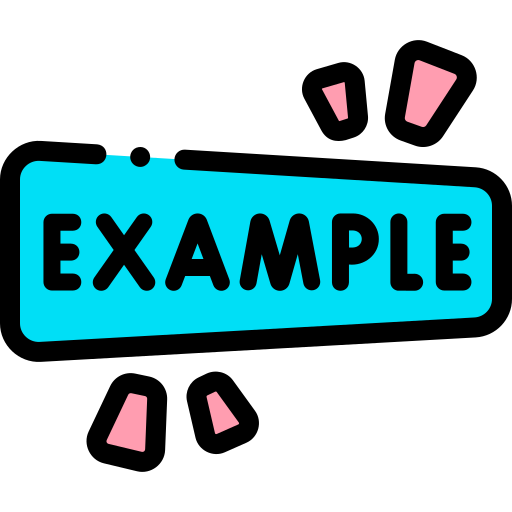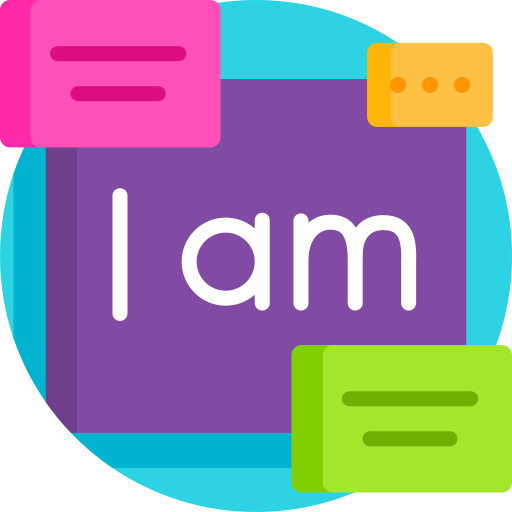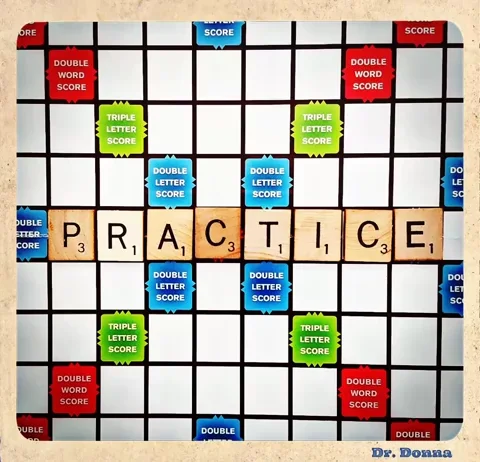
This logo isn't an ad or affiliate link. It's an organization that shares in our mission, and empowered the authors to share their insights in Byte form.
Rumie vets Bytes for compliance with our
Standards.
The organization is responsible for the completeness and reliability of the content.
Learn more
about how Rumie works with partners.
If you're studying in, working in, or immigrating to an English speaking country, you might be required to take the TOEFL iBT exam.

The TOEFL iBT Speaking exam is different from your everyday speaking, and it requires dedicated preparation. Learn what the speaking exam is like and how to prepare specifically for the Independent Speaking questions.
Did you know?
You might want to check out this Byte on the TOEFL Speaking exam for more general information and prep tips!
What are Independent Speaking questions?
Independent Speaking questions require you to speak about your own ideas, opinions, and/or experiences.

You listen to a topic for which you have to discuss your opinion. The topics can be general or more focused on social issues, but they're easily applicable to many cultures. It can take different formats:
Agree or Disagree with a statement
Share your preference between 2 ideas
If/Imaginary question (How you'd react to an imaginary situation)
Description/Explanation of someone/something
Advantages and disadvantages of an idea
 Example 1
Example 1
Some people believe that raising children is the most beneficial thing a person can do for society. Others are of the opinion that a person’s career is their most important task in life. Which opinion do you find more persuasive?
Example 2
Some people are making most of their friends online without ever meeting these individuals in person. What are the advantages and disadvantages of this type of social interaction?

You have 15 seconds to prepare for your answer, and 45 seconds to speak.
How do I prepare for it?
Glad you asked!
Get familiar with the question format
Understanding the structure of the Independent Speaking question ensures that there are no surprises on the day of the test. Check out this website for the sample questions.
 Understand how it's scored
Understand how it's scored
Just like any exam, it's important that you're answering the questions effectively. It requires a strong understanding of the scoring system.
You can check out the scoring rubric for the Independent Speaking questions and understand what specific aspects of speaking the evaluators will be looking at.
 Practice with someone
Practice with someone
It's hard to evaluate your own speaking skills, so why not have someone to practice with!
You can of course practice with your family or friends, but you might want to consider getting a private tutor who specializes in the TOEFL Speaking exam. The exam uses such a unique way of speaking, and it's helpful to work with someone who understands the exam and the scoring system well.
More tips!
Oh wait, there's more! There's a couple more ways you can prepare even further for the Integrated Speaking questions.
Prepare a strategy

15 seconds isn't long at all for preparation, so it's important that you have a plan/structure for the questions so that you know exactly what you want to say! Your plan could include but not limited to:
Listen and read carefully to exactly what and how you're asked to answer. Write down keywords.
Write down the outline of your answer, including a summary of your answer, reasons, and/or examples.
It's important to remember that you don't need to write down every single word of your answer. You most likely won't have time for it. Instead, focus on the outline, keywords, and key ideas that you definitely want to mention.
Focus on your choice of words

When you're under pressure and put on a spot, you might draw a blank. To avoid such situations, it's helpful to go over some speaking strategies beforehand.

You can learn some useful transitional phrases that will help you structure your answer and avoid that awkward silence.
First of all...
For example...
Additionally...
What I mean by that is...

Try to use a variety of words to explain the same idea. Instead of repeating "to buy", mix it up with "to purchase" or "to acquire". It adds more depth to your statement and shows your vocabulary to the evaluator.
Thesaurus.com is a good website to check out synonyms!

Just like you want to use a variety of words, pay attention to how you start your sentences too. Avoid starting every sentence with "I". Instead, mix it up with different sentence structures.
My education allowed me to be more analytical (instead of: I gained analytical skills from school).
Working at a restaurant increased my communication skills (instead of: I worked at a restaurant and increased my communication skills).
Quiz time!

Meet Gina. She's preparing for her Master's Degree in the USA, and she needs to take the TOEFL Speaking exam.
Here's her preparation plan. Help her determine which strategies will be most beneficial while studying for the exam!
Quiz
Choose all the preparation that she should do:
It's important that your answers are easy to listen to for the evaluators, so speaking faster doesn't necessarily help you get a better score. Instead, focus on your sentence structure, vocabulary, and ideas so that you can deliver short and concise answers.
Take Action

This Byte has been authored by
Yumiko Mizuno
Multilingual Team Lead
BA
